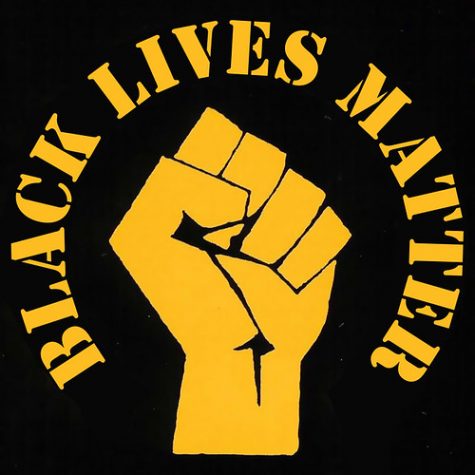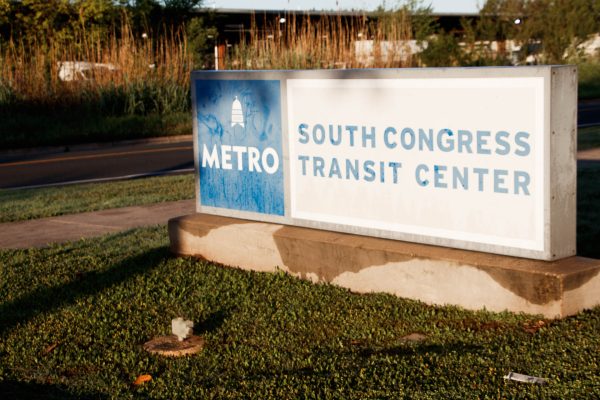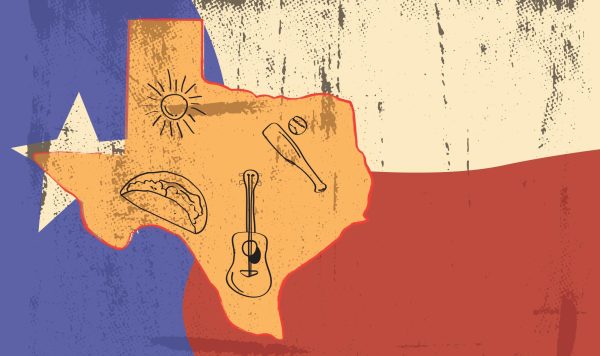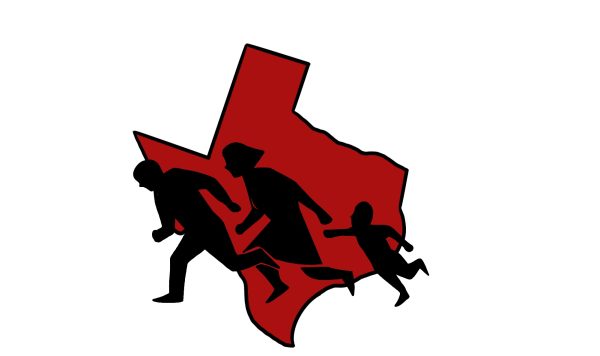Voter ID law discourages students from voting
Kendall McCook is photographed at his Fort Worth, Texas, home on Tuesday, November 5, 2013. McCook ripped up his voter registration card in protest of the state’s new voter ID law and vows to not vote again until it’s overturned.
Every week the editorial board reflects on a current issue in Our View. The position taken does not reflect the opinions of everyone on the Hilltop Views staff.
When students voted on Nov. 5, every single one of them had to present some form of valid identification to cast their ballot.
According to the Texas Secretary of State’s website, valid forms of ID include a Texas driver license, voter registration card, identification card, handgun license, military ID with a photo, U.S. citizenship certificate with a photo, or a U.S. passport. Notice that a student ID is not an acceptable form of identification in Texas to vote.
Also, the law requires voters’ names to match to whatever their name is on their voter registration card.
While the law is a good idea in theory, it is unacceptable in practice. This law is disenfranchising several major groups.
Some students may not have a Texas ID, or any ID, while they are attending school. Most likely their only form of identification is a student identification card. For a voter identification law to work properly, a wider range of IDs must be accepted.
Students are not the only group affected by the law– women are too. Married women may have to sign an affidavit affirming that they are in fact the person listed on their ID, and then they will be able to cast a provisional ballot. This effectively makes their vote not be counted for several days after the election.
Sen. Wendy Davis, who is running for governor, had to sign an affidavit to vote, and so did her presumptive Republican rival Texas Attorney General Greg Abbott. They both signed an affidavit and were then able to vote, thanks to Davis adding an amendment to the bill when it was on the senate floor.
These two current lawmakers were not the only ones affected. Former Speaker of the U.S. House Jim Wright could not even vote. At age 90, the former politician only has an expired driver’s license and a faculty identification card from Texas Christian University. Neither form of identification qualifies under the new requirements of the Texas Voter ID law.
Logically, these IDs are still legitimate proof of citizenship. The expired drivers license does not mark Wright as an expatriate, and the TCU faculty ID clearly indicates that the former Texas politician has worked as a citizen in the United States.
Not only do these stringent requirements limit the people who can vote, they do not serve their own purpose. Disguised as a way to reduce voter fraud, they unreasonably disqualify reasonable forms of ID.
Lawmakers pushed this law through as an attempt to prevent voter fraud, but there have been very few cases of voter fraud over the past 10 years. According to ABC News, Abbott reported that the state has convicted 51 people of voter fraud with only four cases that voter ID laws prevent.
Voter ID laws are a solution in search of a problem that is almost nonexistent.


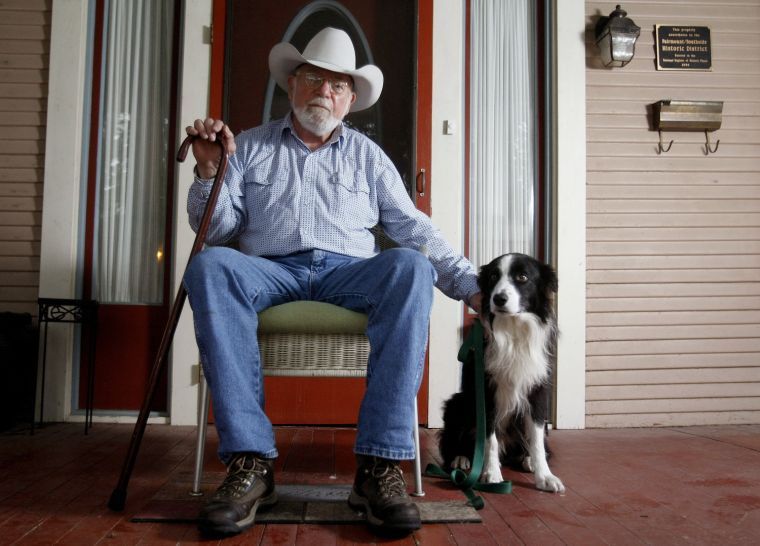

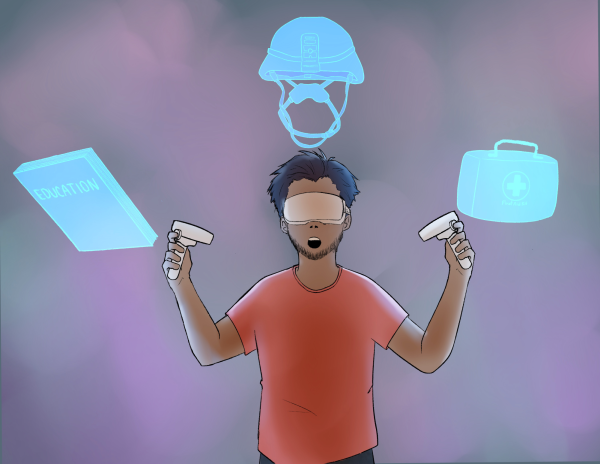

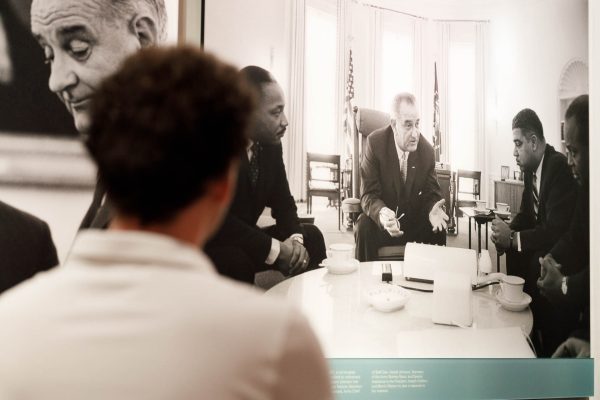

![According to a 1993 archive from Congressional Quarterly Almanac, “[Judge] Ginsburg was known as a restrained and fair-minded judge who did her homework and then some.” She was “considered moderate to conservative on criminal issues and business law,” relatively progressive “on issues such as free speech, religious freedom and separation of church and states,” and more liberal on “civil rights and access to the courts.”](https://www.hilltopviewsonline.com/wp-content/uploads/2020/10/VP-4RBG_CC-by-WFULawSchool-475x317.jpg)
